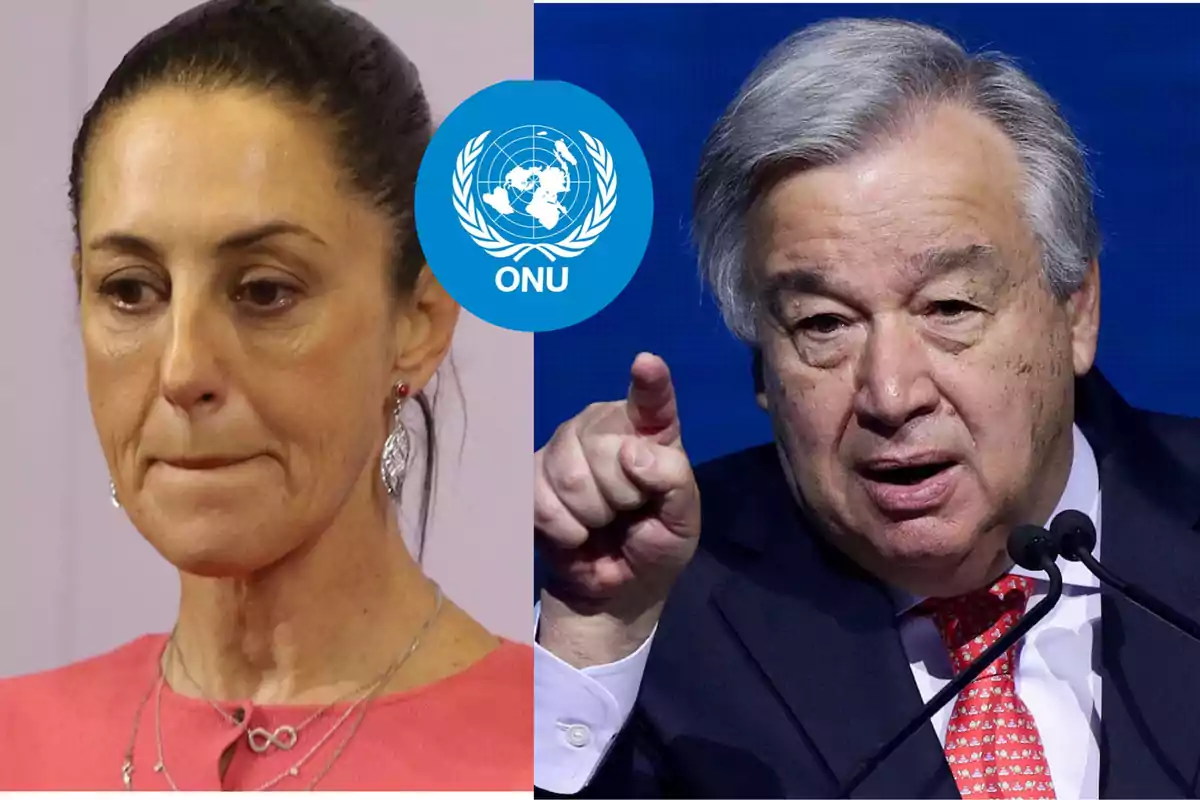
The UN demanded that the government of Mexico solve the crisis of the disappeared by October.
If Mexico doesn't solve the crisis of the disappeared, the case will be sent to the General Assembly or the International Criminal Court
The Committee on Enforced Disappearances (CED) of the UN has put the Mexican government against the ropes. By the end of September or the beginning of October, it will decide whether to bring the case of disappearances in Mexico before the General Assembly.
At stake is not only the country's international image but also the possibility that the case could escalate to the International Criminal Court or the International Court of Justice.
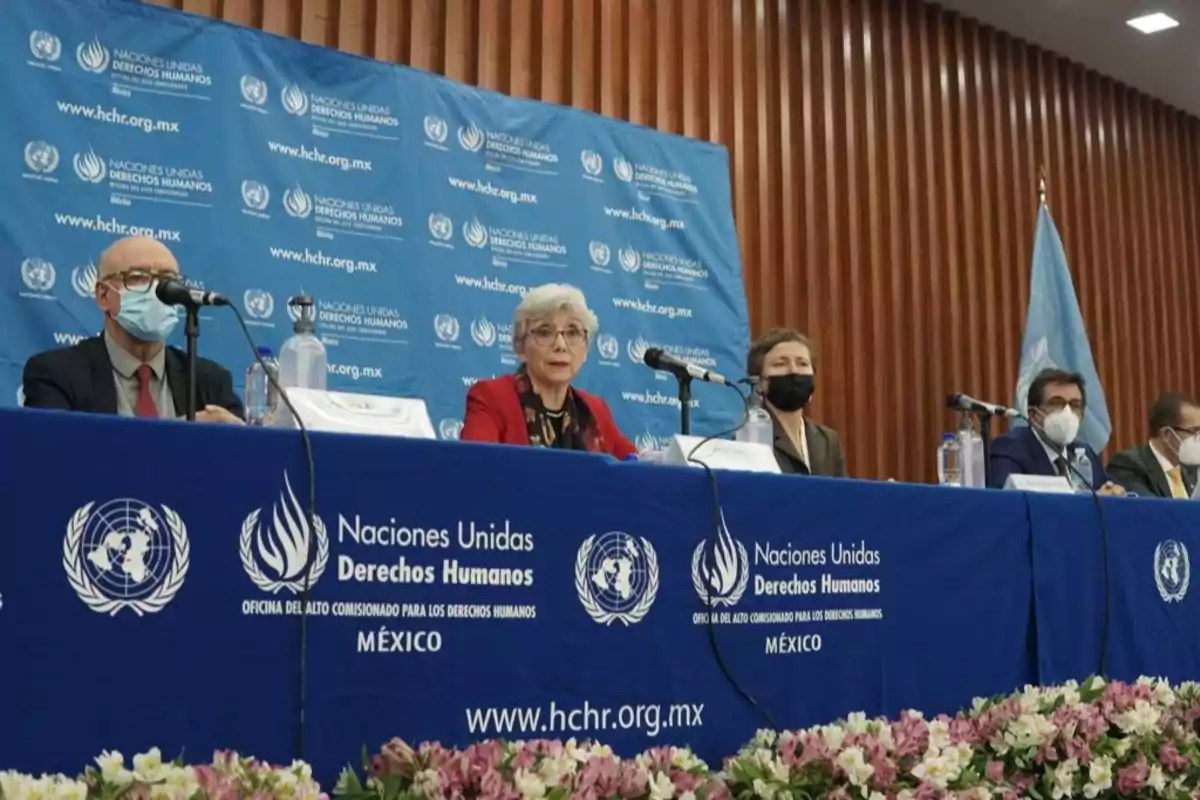
The situation can no longer be glossed over with political speeches. In Mexico, there are more than 127,000 missing persons, and the federal government insists on denying that there is a crisis or a systematic policy behind these disappearances.
The UN committee, composed of 10 independent experts, activated Article 34 of the International Convention for the Protection of All Persons from Enforced Disappearance. The UN considers that in Mexican territory, disappearances may be occurring in a widespread and systematic manner.
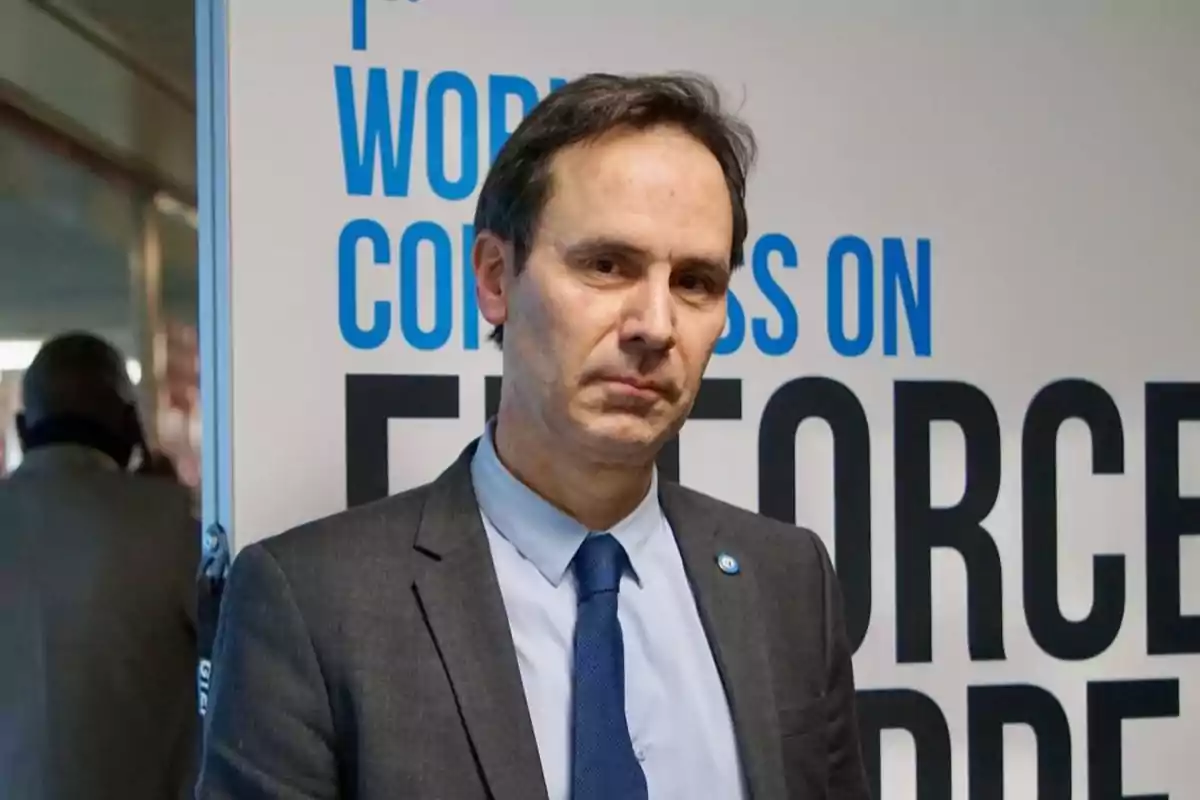
"We have received information with sufficient grounds to support that enforced disappearance is carried out in a general or systematic manner in Mexico"
declared Olivier de Frouville, president of the committee.
The Mexican government reacted with denial.
The Ministry of the Interiorcategorically rejected the accusation. The CNDH described the diagnosis as "out of context."
Also participating in the controversy, President Claudia Sheinbaum merely stated:
"In Mexico, there is no enforced disappearance by the State, that doesn't exist."
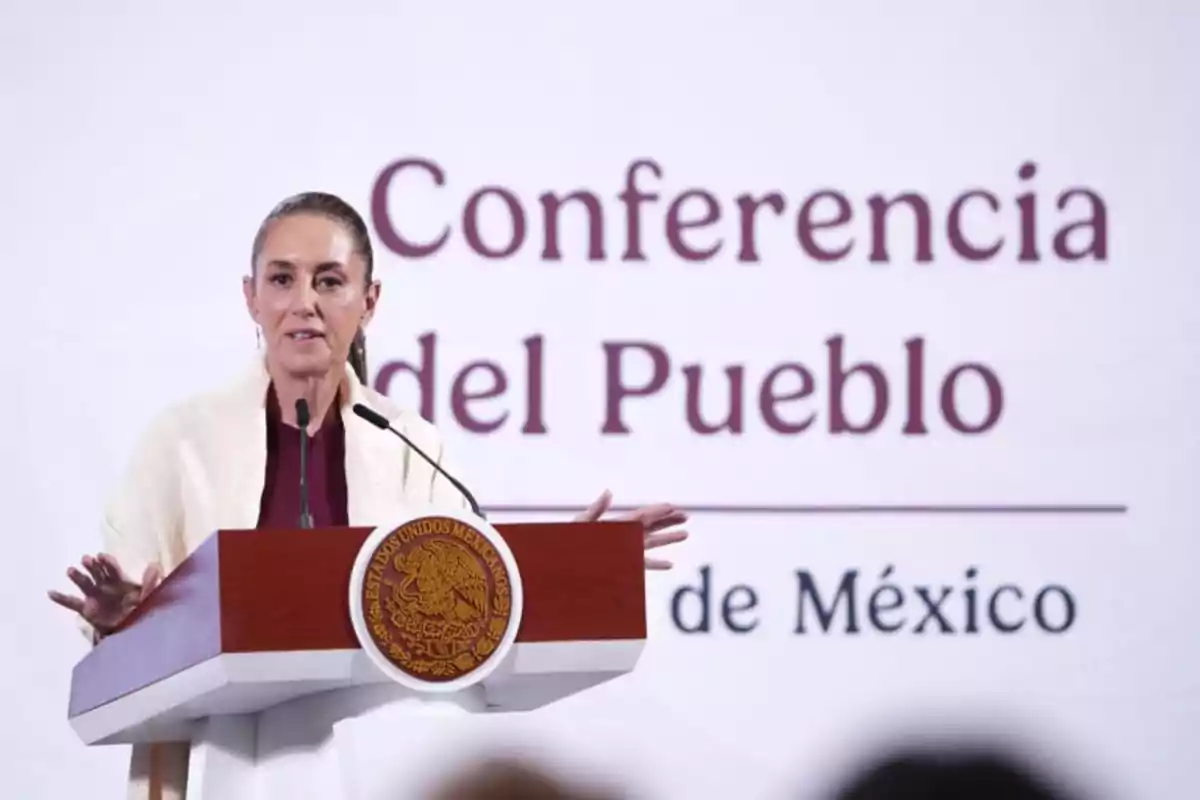
Despite the fact that 141 cases of enforced disappearance contradict the government's version, whose credibility is at rock bottom.
Meanwhile, thousands of mothers scour vacant lots with shovels, the government is busy defending itself as if it were a political attack. Even the Senate, under a Morena majority, requested the dismissal of Olivier de Frouville, president of the committee.
Users on social media labeled the dismissal request as a ridiculous act and a display of deep disdain for international human rights mechanisms.
"The State's response should focus on building solutions, not on defending itself",
stated Michael Chamberlin, activist and former advisor to the CNDH.
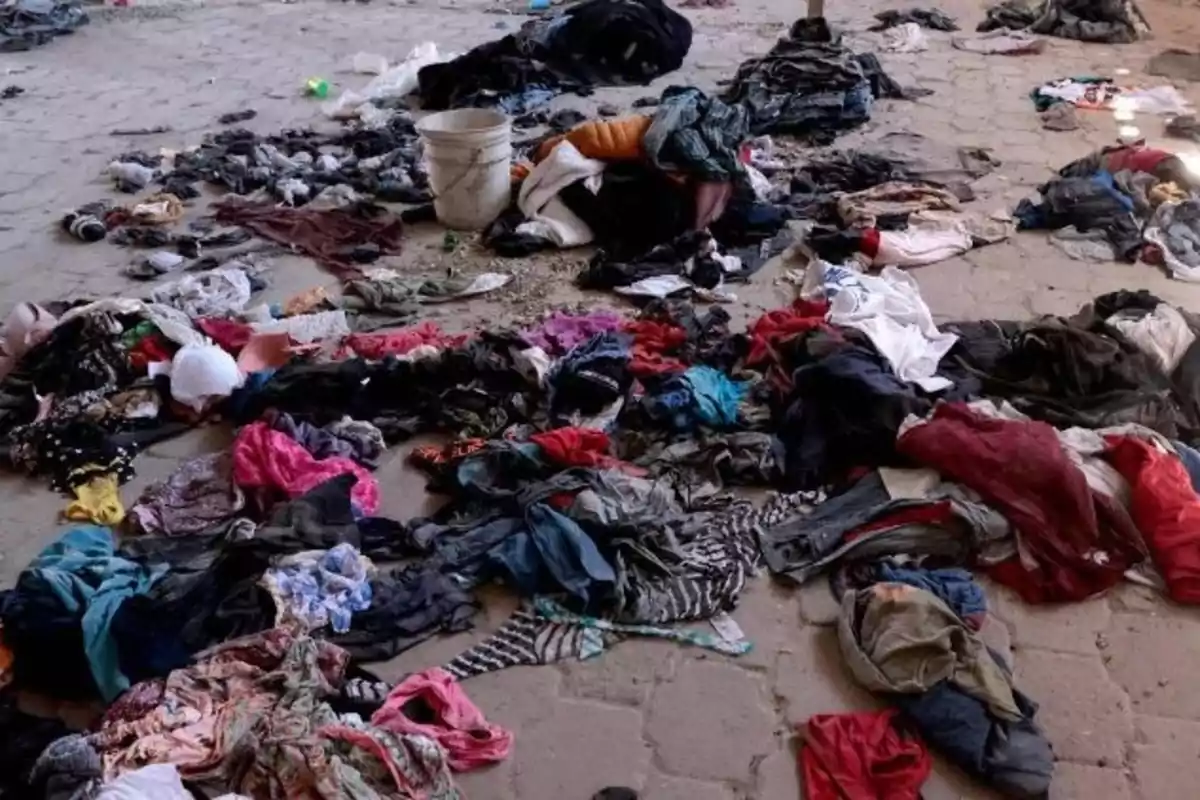
What will happen if the case reaches the UN General Assembly?
The Mexican State will have to explain, without evasions or rhetoric, what it is really doing to stop the disappearances and punish those responsible. It will no longer be able to negotiate or manipulate politically, because the committee members are independent experts.
As Edith Olivares Ferreto, director of Amnesty International Mexico, said:
"The problem is not what the UN thinks, but what the victims feel. Denying reality only deepens their pain."
Mexico is in the world's spotlight. Not for its growth, nor for leadership, but because the government refuses to accept that thousands of its citizens have disappeared without a trace. Mexico is experiencing a crisis of disappearances, while the State turns a blind eye and continues to applaud itself.
More posts: